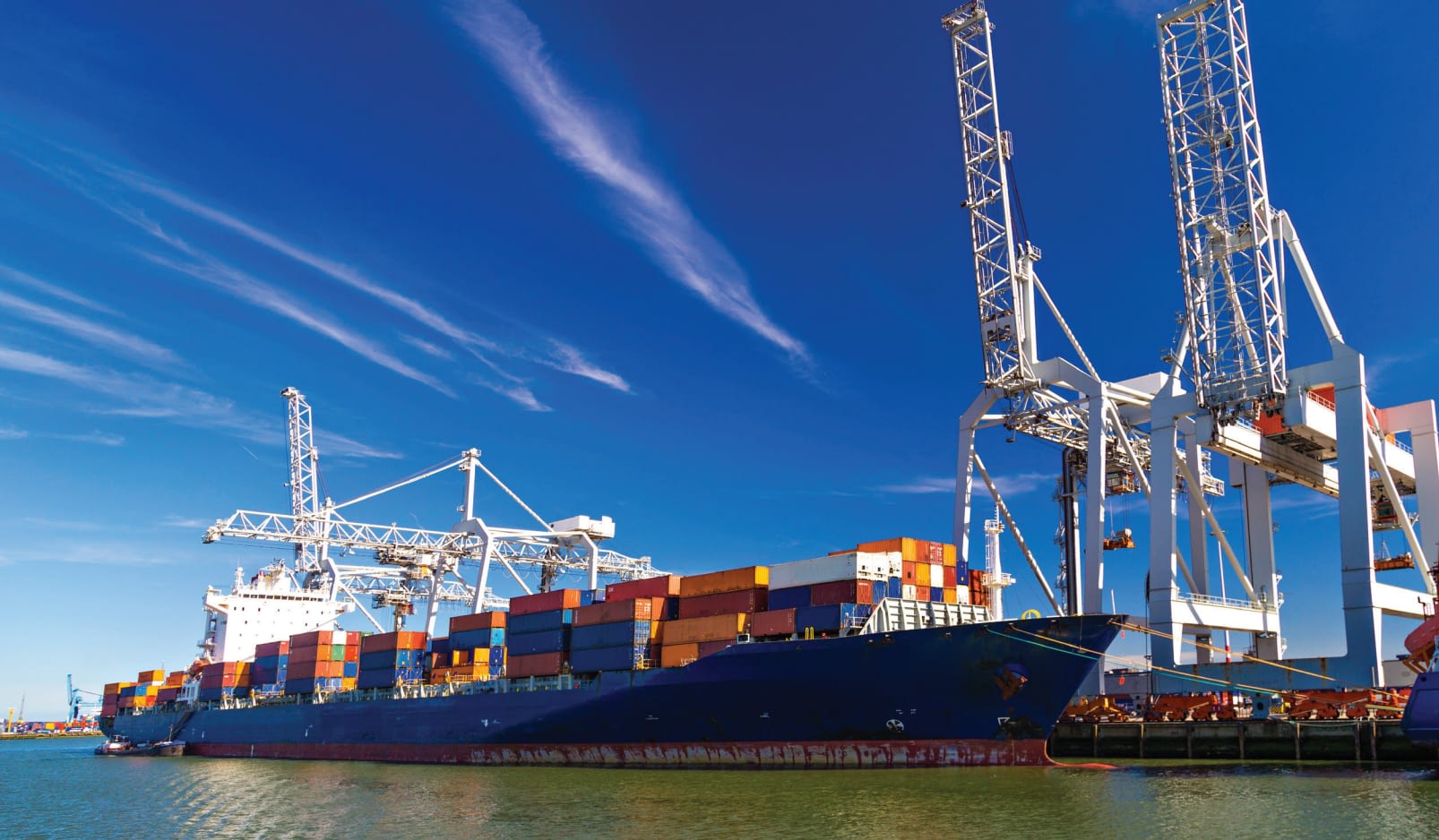What Are Customs Bonds?

An Easy Guide to Importer or Broker Entry Bonds (Activity Code 1)
When you’re importing goods into the U.S., whether you’re a seasoned pro or just starting out, the process can feel complicated. One of the key elements you’ll need to get familiar with is the Customs Bond. Think of it as a financial safety net that helps smooth the way for getting your goods through U.S. Customs.
If you’re unsure about what a customs bond is or why it’s so important, don’t worry. We’ll walk you through everything you need to know about the most common type of bond—the Importer or Broker Entry Bond (Activity Code 1)—and how it can benefit your business.
What Is a Customs Bond?
In simple terms, a Customs Bond is like a guarantee that you, as an importer or broker, will follow U.S. Customs and Border Protection (CBP) regulations. It ensures that all the taxes, duties, and other charges that come with importing goods will be paid. If for some reason you don’t pay these costs, the bond provider (called the surety) steps in to cover it.
What Is an Importer or Broker Entry Bond (Activity Code 1)?
The Importer or Broker Entry Bond (Activity Code 1) is the most commonly used customs bond. It’s required for different types of goods entries, ensuring that the U.S. government gets its dues and that your goods are allowed into the country legally.
Here are some examples of what this bond covers:
- Temporary Importations: Goods that come into the U.S. for a short time, such as for an exhibition or repair.
- Warehouse Entries: Goods stored in bonded warehouses before being released for sale or use.
- Non-conforming Vehicles: Vehicles that need to meet U.S. standards before they can be driven.
- FDA-Regulated Goods: Products such as food, drugs, or medical devices that are regulated by the Food and Drug Administration.
- General Merchandise: Regular goods that don’t fall into a special category but still need to comply with customs laws.
By securing this bond, you’re assuring customs that everything is above board, so your goods can enter the U.S. without unnecessary delays.
Types of Importer or Broker Entry Bonds
There are two main types of entry bonds, and the right one for you depends on how often you import goods:
1. Single-Entry Bond
If you only bring goods into the U.S. every now and then, a Single-Entry Bond might be perfect for you. It covers one specific shipment and is a budget-friendly option if you don’t import frequently.
2. Continuous Bond
For businesses that import goods regularly, a Continuous Bond is a smart choice. This bond covers all your shipments for a year, making it more convenient and ensuring there are no interruptions in your operations. Plus, it automatically renews every 12 months, so you don’t have to worry about reapplying.
Why Are Customs Bonds Important?
Here’s why customs bonds matter:
- Stay Compliant with U.S. Law U.S. Customs and Border Protection (CBP) requires certain goods to have a customs bond in place. Without one, your shipment could be delayed, denied entry, or even seized. That’s a headache no one wants to deal with!
- Financial Protection The bond acts as a safety net. If you can’t pay the required duties and fees, the surety company pays on your behalf. This protects your business from fines or legal trouble and keeps the government happy by ensuring all charges are covered.
- Faster Import Process With the right customs bond, your goods can clear customs more quickly. This means less waiting around and more time getting your products where they need to be.
When Do You Need a Customs Bond?
You’ll need a customs bond if:
- You’re importing goods valued over $2,500.
- Your goods are subject to federal regulations (such as food, alcohol, or firearms).
- You’re storing imported goods in a bonded warehouse before releasing them for sale or use.
Conclusion: Customs Bonds Make Importing Easier
Whether you’re importing once or regularly, having the right customs bond in place—especially the Importer or Broker Entry Bond (Activity Code 1)—is key to keeping your business running smoothly. A customs bond helps you stay compliant, protects you financially, and speeds up the import process.
So, if you’re handling goods from overseas, make sure you’re covered. Reach out to a trusted bond provider to help you secure the right bond and avoid any unnecessary delays or penalties.
https://www.cbp.gov/document/forms/cbp-form-301-customs-bond

